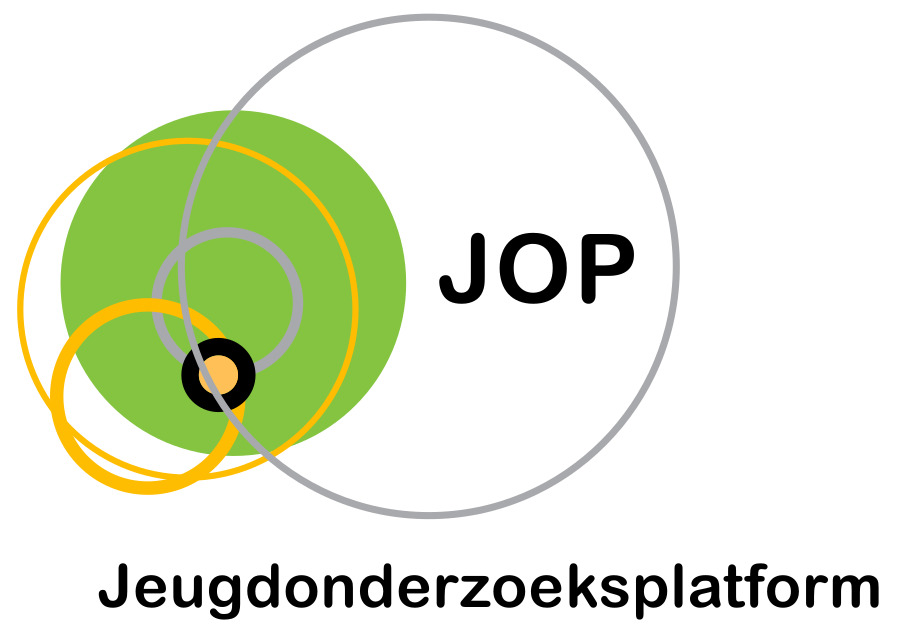A Panel Study of the Relationships Between Social Media Interactions and Adolescents’ Pro-Environmental Cognitions and Behaviors.
Auteurs
Gonzalez, A., Vandenbosch, L., & Rousseau, A. (2023)

Abstract
Despite the circulation of climate content on social media, little longitudinal research has explored their relations with pro-environmental attitudes and behaviors. Considering that individual behaviors, in conjunction with structural change, are critical to mitigate climate change, this twowave panel study among 657 adolescents examined how social media interactions (i.e., exposure, liking, commenting, sharing and posting of climate messages) reciprocally related to adolescents’ pro-environmental cognitions (i.e., descriptive and injunctive norms, attitudes) and behavior. The study showed transactional relationships between self-posting and sharing of climate content over time. Pro-environmental behavior at Wave 1 (W1) positively related to all cognitive variables at Wave 2 (W2), yet no reciprocal relationship occurred as none of the cognitive variables (W1) predicted behavior (W2) over time. Moreover, with the exception of the positive link between “liking” (W1) and attitudes (W2), no (reciprocal) relationships between social media interactions and adolescents’ pro-environmental cognitions and behavior occurred over time.
Ondanks de verspreiding van klimaatinhoud op sociale media, is er weinig longitudinaal onderzoek gedaan naar de relatie tussen deze inhoud en milieuvriendelijke attitudes en gedrag. Aangezien individueel gedrag, in combinatie met structurele verandering, van cruciaal belang is om klimaatverandering tegen te gaan, werd in deze panelstudie met twee golven onder 657 adolescenten onderzocht hoe sociale media-interacties (d.w.z. blootstelling, liken, commentaar geven, delen en posten van klimaatboodschappen) wederzijds samenhingen met milieuvriendelijke cognities (d.w.z. descriptieve en injunctieve normen, attitudes) en gedrag van adolescenten. De studie toonde transactionele relaties aan tussen het zelf posten en delen van klimaatinhoud in de loop van de tijd. Milieuvriendelijk gedrag in de eerste golf (W1) was positief gerelateerd aan alle cognitieve variabelen in de tweede golf (W2), maar er was geen wederkerige relatie omdat geen van de cognitieve variabelen (W1) het gedrag (W2) voorspelde in de loop van de tijd. Bovendien, met uitzondering van het positieve verband tussen “leuk vinden” (W1) en attitudes (W2), waren er geen (wederkerige) relaties tussen sociale media interacties en milieuvriendelijke cognities en gedrag van adolescenten in de loop van de tijd.
Referentie
Gonzalez, A., Vandenbosch, L., & Rousseau, A. (2023). A Panel Study of the Relationships Between Social Media Interactions and Adolescents’ ProEnvironmental Cognitions and Behaviors. Environment and Behavior, 55(6-7), 399- 432.
Taal
Engels
Publicatievorm
Trefwoorden
pro-environmental behaviors, social media, interactions, adolescence, longitudinal research
